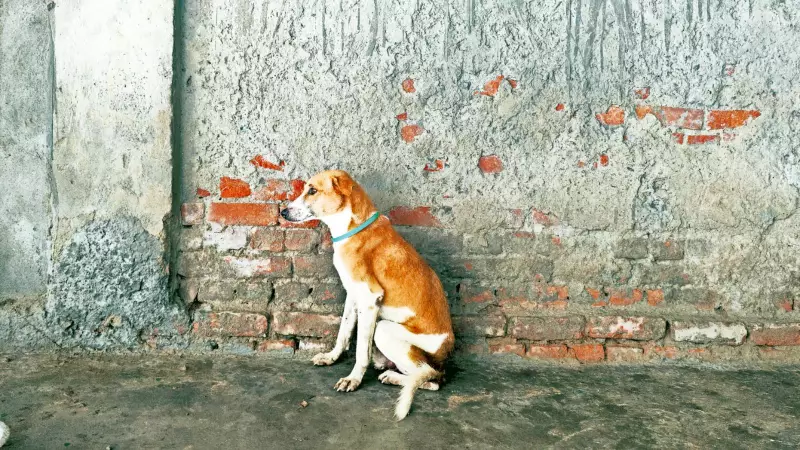
In a groundbreaking legal move that could set new precedents for animal attack cases across India, a Delhi woman has filed a lawsuit demanding a staggering ₹20 lakh in compensation after suffering a stray dog bite. The case has captured national attention for its innovative use of a judicial formula previously established by the Punjab and Haryana High Court.
The Incident That Sparked the Legal Battle
The plaintiff, a resident of Delhi, experienced a traumatic encounter with a stray dog in her neighborhood. What might have previously been dismissed as a minor incident has now evolved into a potentially landmark legal case that challenges conventional compensation norms for such injuries.
Revolutionary Compensation Calculation Method
The most remarkable aspect of this lawsuit lies in the mathematical approach used to calculate the damages. Rather than relying on traditional compensation methods, the woman's legal team has employed the Punjab and Haryana High Court's established formula for determining appropriate compensation amounts.
This formula takes into account multiple factors that extend beyond immediate medical expenses, including:
- Physical pain and suffering endured
- Psychological trauma and mental anguish
- Long-term medical treatment requirements
- Impact on quality of life and daily activities
- Potential future complications
Legal Implications and Potential Impact
This case represents a significant departure from how stray dog bite incidents have traditionally been handled in Indian courts. If successful, it could establish a new benchmark for compensation in similar cases nationwide, potentially transforming how municipalities and local bodies address their responsibilities regarding stray animal management.
Broader Significance for Public Safety
The lawsuit highlights the ongoing challenge of stray dog management in urban Indian cities and raises important questions about municipal accountability. Legal experts are closely watching the case, as its outcome could influence how local governments approach animal control and public safety measures.
As the case progresses through the Delhi judicial system, it promises to spark important conversations about public safety, municipal responsibility, and the appropriate valuation of personal injury in cases involving animal attacks. The final ruling could potentially reshape compensation standards for similar incidents throughout the country.






